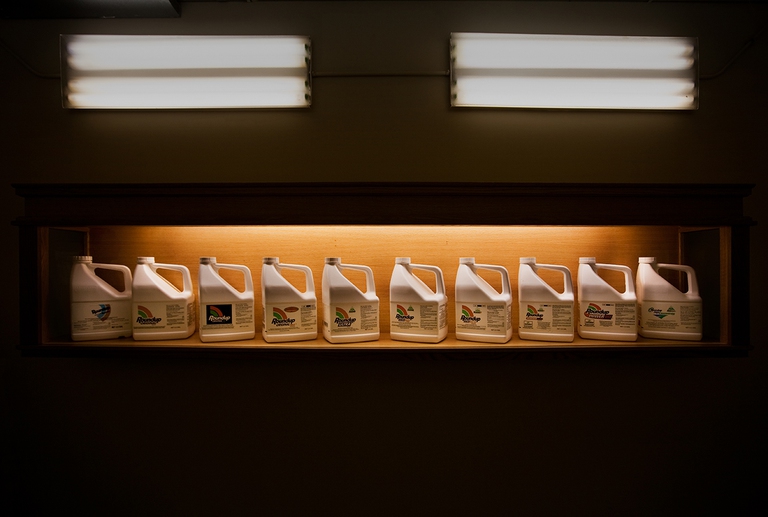
A report by Ember explains that in 2025 electricity generation from renewables (solar, wind and hydropower) surpassed that from fossil fuel sources.
Stop glyphosate before it’s too late. A group of associations has launched a petition to ask the European Commission to refuse the authorisation for using the weed killer.
On 7 March the European Commission will decide whether to renew or revoke its authorisation the use of glyphosate, one of world’s most widely used herbicides, which was rehabilitated by the multinational company Monsanto in the ‘70s. The draft document, which is currently under consideration of the European Commission, would plan to give a new 15-year lease to the weed killer, according to the British daily Guardian that viewed it.
Sign the petition to ban the use of glyphosate
All this notwithstanding the fact that the International Agency for Research on Cancer (IARC), the part of the World Health Organisation (WHO) that carried out an in-depth analysis on the scientific studies on glyphosate published so far, last year defined the weed killer as “probably carcinogenic to humans”.
To change this ending, many different associations, groups and movements gathered together to call for a ban against the herbicide not only in the name of the precautionary principle.
In Europe the Stop glyphosate campaign launched a petition called No all’erbicida cancerogeno (no to the carcinogenic weed killer) addressed to the European Commission as well as the Commissioner for Food and Health Safety Vytenis Andriukaitis and the assigned of the relative European countries. The goal is collecting 200,000 signatures by 7 March. Among other associations also Slow Food signed the petition. The founder of the association Carlo Petrini wrote in the editorial published on 26 February in the Italian daily Repubblica:
As happened with DDT in the past, a fierce debate is now raging on the harmlessness or otherwise of the substance, traces of which have been detected in fruit and vegetables, in cereal-based products, and in GM corn and soybeans used as animal feed. […]Over the next few days the European Commission will decide whether to renew or revoke its authorization of the use of glyphosate across the European countryside. To do so, it will have to collate two completely different approaches: on the one hand, that of the corporations, which argue that glyphosate has boosted harvests, ensures food for the world and saves human lives from hunger; on the other, that of civil society which pleads the cause of a ban on glyphosate and the need for agriculture to free itself from harmful substances as far as possible. We have to decide whether the future of food is to be in the hands of the chemical industry with its promises to feed the planet or of a policy that has the health of consumers and environmental welfare at heart.
Siamo anche su WhatsApp. Segui il canale ufficiale LifeGate per restare aggiornata, aggiornato sulle ultime notizie e sulle nostre attività.
![]()
Quest'opera è distribuita con Licenza Creative Commons Attribuzione - Non commerciale - Non opere derivate 4.0 Internazionale.
A report by Ember explains that in 2025 electricity generation from renewables (solar, wind and hydropower) surpassed that from fossil fuel sources.
The Tyler Prize, considered the “Nobel Prize for the Environment,” has been awarded to Toby Kiers, an American biologist working in Amsterdam.
Belgium is one of the countries most exposed to climate change. Dune–dikes are a solution to curb sea-level rise.
Between October 2024 and September 2025, the average temperature in the Arctic was 1.6 degrees Celsius higher than during the 1991–2020 period.
Undeclared conflicts of interest, paid authors, lack of transparency: one of the most cited studies on glyphosate, published in 2000, has been retracted.
The Copernicus service has released data for the first eleven months of 2025: global warming is set to come close to last year’s record.
The European Council and Parliament have reached an agreement on the European Commission’s proposal to deregulate new GMOs. But farming, organic agriculture, and environmental organizations are calling for it to be stopped.
The world’s second-largest producer has taken a historic decision. However, farms will have until 2034 to shut down.
A Greenpeace report denounces Russia’s political and economic model: a nexus of extractivism, authoritarianism and war that is destroying the environment, with serious repercussions for the global ecosystem.








